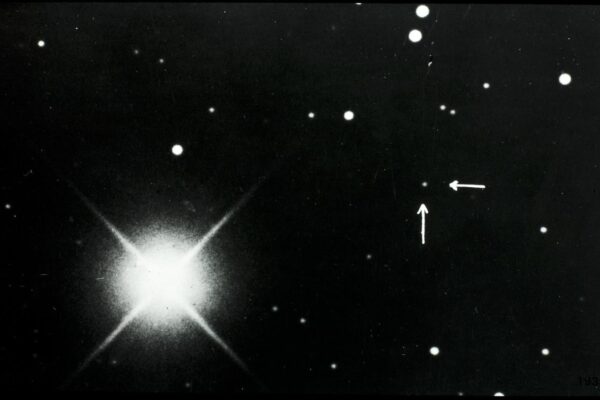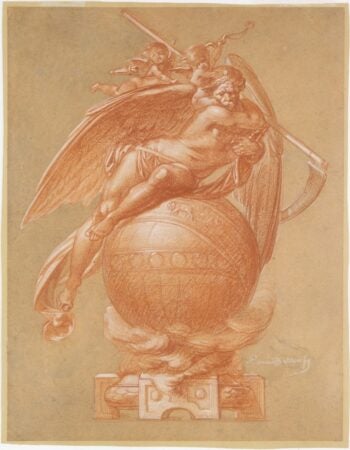
Needless to say, 2020 has been a year like no other, and it’s marked everything we did at Artstor. We tried to help institutions and students meet the challenges of remote teaching, released new content — with a strong emphasis on freely accessible Open Artstor collections — and tried to brighten things up on our blog. Here are some of our highlights from a very difficult year and one thing we look forward to next year.
New content and Open Artstor collections

This year, we added more than 20,000 new images in our licensed collections, including modern and contemporary art from the Phillips Collection, the California College of the Arts, and the Oregon College of Art and Craft; contemporary photojournalism from around the world from Magnum Photos and Panos Pictures; a wide range of art from across the ages from Scala Archives and the Museo de Arte de Ponce, and decorative arts from the New-York Historical Society.
We also released approximately 145,000 freely accessible images to our Open Artstor initiative, including content from the National Library of Medicine, the Cleveland Museum of Art, Statens Museum for Kunst (National Gallery of Denmark), and the Museum of New Zealand Te Papa Tongarewa.
Your top favorite blog posts of 2020
Not surprisingly, the post that deals with the pandemic directly was by far our most popular this year, and four out of the five top posts were connected to the crisis in some way.
1. Pandemics and epidemics
The rapid rise of the COVID-19 pandemic is a stark reminder that humanity is still susceptible to infectious diseases. Despite the successes of modern medicine, communicable diseases continue to impact our health, our economies, and our communities.

2. Teaching and research with Artstor: 25 examples
Over the years, educators, librarians, and researchers at all levels, from secondary schools to graduate programs, have shared with us how they use Artstor in their teaching and research. We’ve gathered some of our favorites, touching on topics as varied as medicine, ethnic studies, women’s studies, and more.
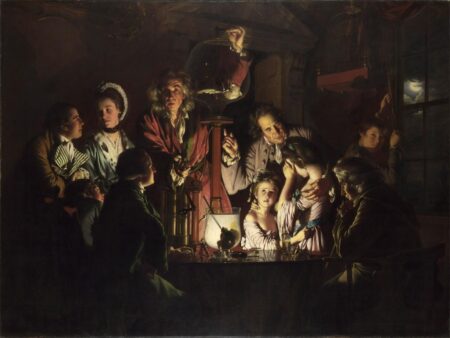
3. Our dogged companions
In tribute to our best friends who delight and support us while we work from home, we would like to highlight a few of Artstor’s furry colleagues, along with their kindred spirits in art.
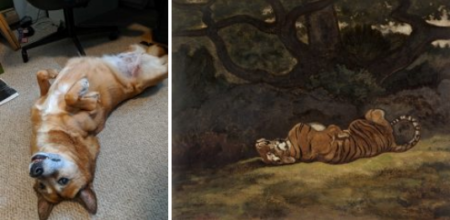
4. Museums, remotely
Missing your favorite museums? Let us reveal them to you remotely! Artstor offers comprehensive coverage of the collections of well over 100 international museums and galleries through various accesses—ranging from fully public to selections available to subscribing institutions and their members.
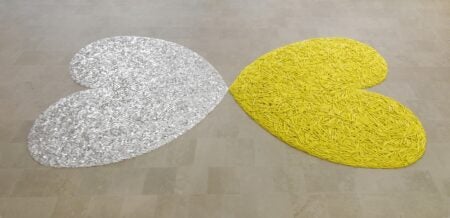
5. Free art backgrounds for Zoom conferences
In this time of social distancing, it seems like everyone has turned to videoconferencing, from your teachers to your family. We’ve selected a dozen artistic backgrounds to have you looking your best, including masterpieces by Van Gogh and Monet.
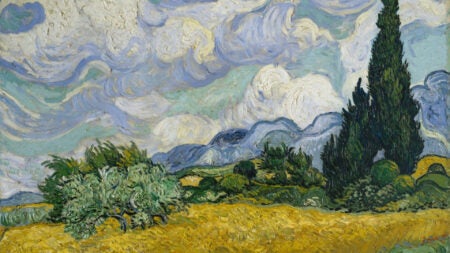
1889. From Open Artstor: The Metropolitan Museum of Art
One thing we look forward to next year
Artstor in JSTOR! We’ve been working hard on our pilot program and are getting ready to launch a richer, more robust version in 2021. Sign up for our mailings to be notified when it’s live and to keep up with all our news.

